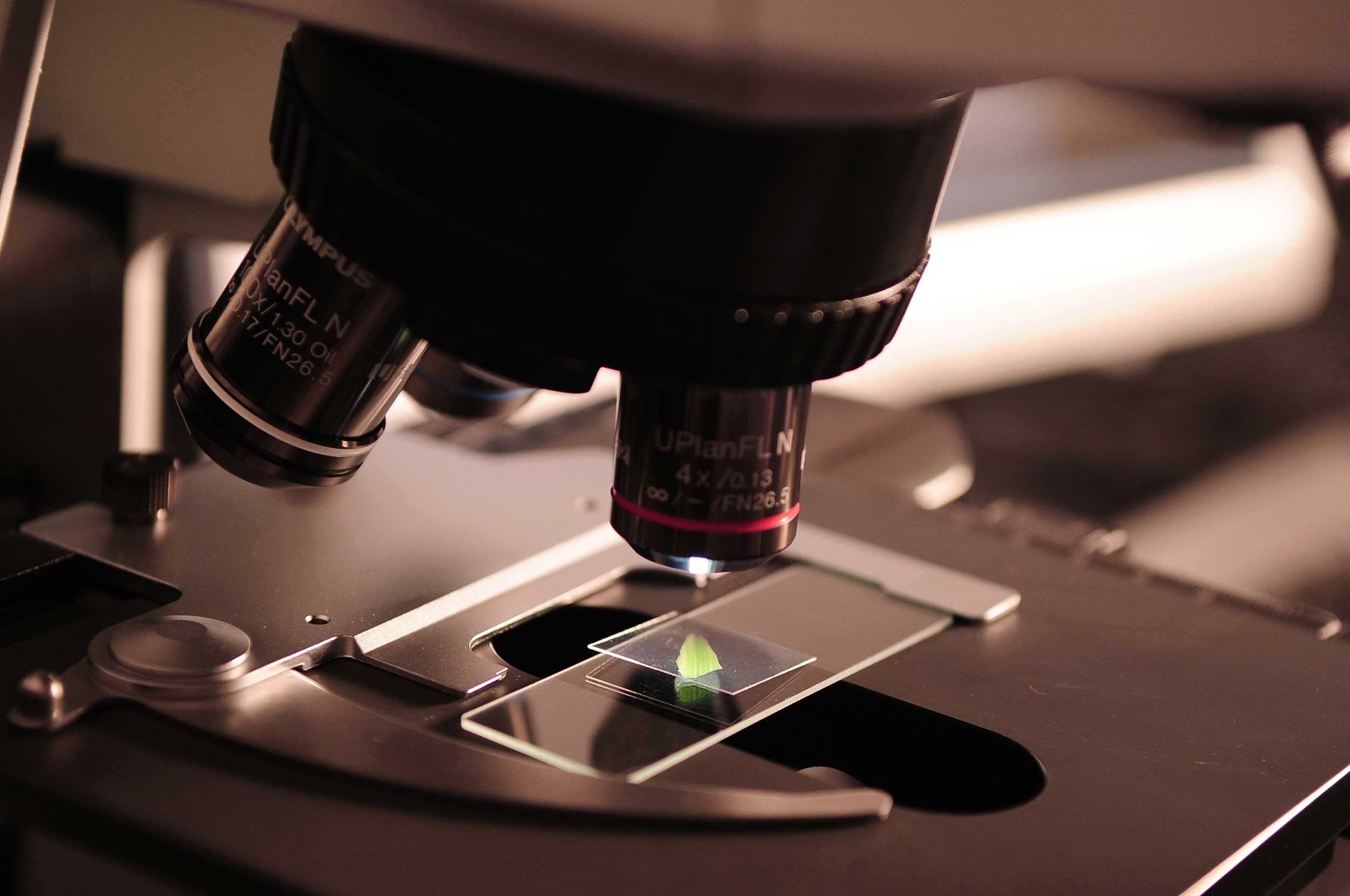The Life Sciences industry has never been more vital in addressing real-world problems. Through advances, this fast-growing and highly technical industry is constantly improving the quality of human life. Companies in the Life Science sector are excellent candidates for the R&D Tax Credit, and they can save significant amounts of money each year. We’ve discovered that many companies that do claim the R&D Tax Credit are under-claiming it, despite the fact that they are the ones who need the most liquidity.
Allowing your company to save money on tax credits is a terrific way to put more money into life science initiatives that are driving innovation.
Some Life Science organizations that are top candidates for claiming R&D Tax Credits:
- Biomedical
- Biotechnology
- Medical device
- Pharmaceutical
Does your Life Science company qualify for R&D tax credits?
You may be eligible for R&D tax credits if your company has engaged in approved research activities for the last several years.
Some qualified Life Science activities include:
- Designing and developing pharmaceuticals, drug delivery systems, and medical devices
- Reformulating drugs or compounds to reduce side effects or improve efficiency
- Clinical development activities, such as the fabrication of trial lots and the evaluation of manufacturing scale-up capabilities
While non-qualified activities include:
- Accounting tasks
- Market and consumer research
Eligible qualified research activities (QRAs) must also meet all the criteria established in the 4-part test:
- Permitted Purpose – Requires the project to fulfill a qualifying function that is critical to the business. The purpose can be to develop a new or improved product or process.
- Elimination of Uncertainty – The activity must deal with a specific technological uncertainty.
- Process of Experimentation – Implementation of a comprehensive method for identifying and evaluating potential solutions in order to attain the desired outcome
- Technological in Nature – The process of experimentation must rely on the hard sciences such as chemistry, biology, computer science, or engineering.
How can KPT Consulting help?
It’s understandable if you’re unsure whether or not a specific activity is eligible. You may also require expert assistance in documenting all your R&D operations. Our qualified experts can help you assess whether your business activities meet the criteria by conducting a tax credit study.
KPT Consulting assists clients who are interested in claiming the R&D credit for the first time as well as those who have unclaimed tax credits from previous years.
Interested to learn more? Contact us today.




